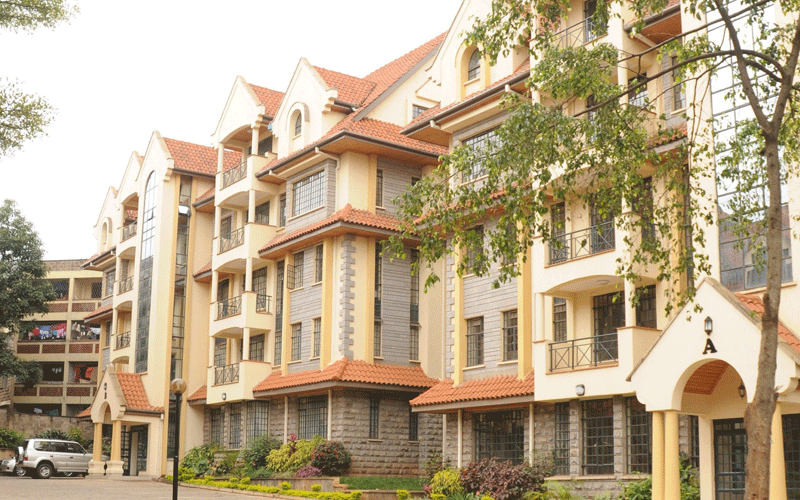2022 elections to set housing sector aflame

The 2022 elections could have an emotional run on Kenya’s housing sector, according to experts who predict a bleak outlook for the industry.
Chambers and Partners predicts that the upcoming August 2022 presidential elections will provide the perfect storm for market correction among players who are still picking Covid-19 pieces.
“We see a positive to neutral outlook for the real estate industry in 2021, especially following the global roll-out of the vaccine which raises hope for the containment of COVID-19,” said the legal and consultancy firm.
Data and experts
However, investors are advised by the firm in the Real Estate 2021 Trends and Developments study that most businesses may be restructuring and downsizing their operations to survive another year of uncertainty prior to the 2022 general elections in Kenya, thus affecting uptake.
Data and experts’ sentiments show that as elections approach, presidential races which are usually held after every 5 years, cause a lot of uncertainty in the housing market, which ordinarily alters attitudes among property buyers, sellers and investors and, thus, sways sale volumes and values.
“It is a period that is habituated by uncertainty and usually most people will tend to hold back on such investments just before and right after general elections,” says an independent real estate practitioner Alice Mukami.
Recent changes in the tax regime, residential rental income tax (RRIT), and home ownership savings plan (HOSP) amendments, as well as system overhaul at the Lands Registry or Ardhi House are also expected to have long term impact on the sector beyond the 2022 general elections.
Lower threshold
Effective 1 January 2021, the government enacted key changes to the country’s tax regime, some of which are now directly affecting the sector.
For instance, the upper threshold of RRIT has been increased from Sh10 million to Sh15 million per annum.
The lower threshold has also been increased from Sh144,000 to Sh288,000, with these adjustments further expected to increase the number of landlords who fall within such tax brackets.
These factors, coupled with the ongoing implementation of the National Land Information Management System (NLIMS) at Ardhi house and land title conversion process may cause hesitancy in the sector, says the analysts at Chambers and Partners.
This situation may take longer should presidential elections be contested. “This is likely to have a negative short-term effect on the real estate market,” it noted in the report.












